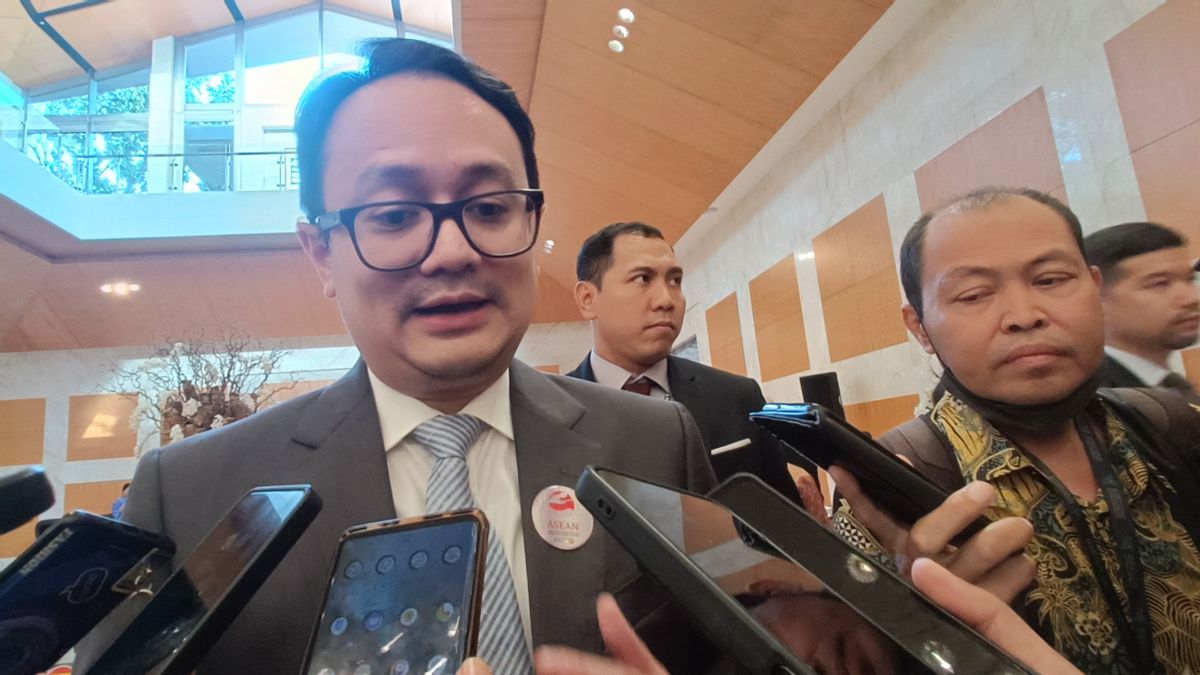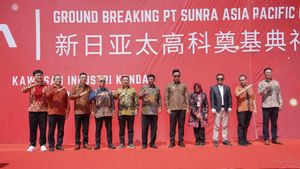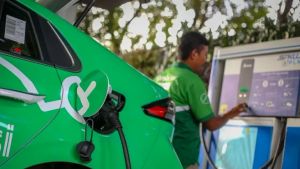Deputy Minister of Trade (Wamendag) Jerry Sambuaga said, Indonesia's success in maintaining resilience in economic growth and political stability has made the country have great potential for the development of the electric vehicle (EV) industry.
Jerry said Indonesia has good economic growth capital and political stability amidst the complexity of the global economy.
Indonesia has also succeeded in holding general elections and carrying out a continuous transitional process of government without significant turmoil.
"This condition is the right momentum for EV companies to develop their businesses in Indonesia," said Jerry, quoted from ANTARA, Sunday, May 5.
He conveyed that Indonesia managed to record a trade balance surplus of 4.47 billion US dollars in March 2024.
The surplus has lasted for 47 consecutive months since May 2020.
According to him, the government has several strategic policies, one of which is the downstream policy of nickel.
Jerry said, the policy has increased the added value of the economy, created jobs, and strengthened Indonesia's position in the global supply chain.
"The Indonesian government is also encouraging the development of technology to reduce pollution and dependence on fossil fuels. This is supported by the large natural resources of Indonesian nickel which have the potential to become an EV production base in Asia," said Jerry.
Based on the assessment of Bloomberg NEF, Indonesia is ranked 22 out of 30 countries which are considered capable of increasing its investment appeal in the electricity supply chain ecosystem.
The assessment is based on several aspects, including industry, innovation, and infrastructure.
"In addition, the availability of raw materials, battery manufacturing, demand in the downstream sector, and policies related to the environment, social, and governance are also aspects of assessing the Bloomberg NEF. Indonesia is expected to immediately attract investors in the electricity battery supply chain ecosystem," said Jerry.
Currently, the Indonesian government continues to encourage energy transition efforts in the context of achieving the National Determined Contribution (NDC).
Indonesia is committed to increasing its emission reduction target from 29 percent to 31.89 percent unconditionally (without international assistance).
Energy transition efforts open up investment opportunities worth US$3.5 trillion for Indonesia.
SEE ALSO:
Jerry said, Indonesia will continue to transform to encourage its improvement in the global economy.
In addition, Indonesia is in the stage of becoming a member of the Organization for Economic Co-operation and Development (OECD).
As the country with the largest economy in Southeast Asia, Indonesia's membership in OECD will also increase the profile and significance of OECD.
The English, Chinese, Japanese, Arabic, and French versions are automatically generated by the AI. So there may still be inaccuracies in translating, please always see Indonesian as our main language. (system supported by DigitalSiber.id)














